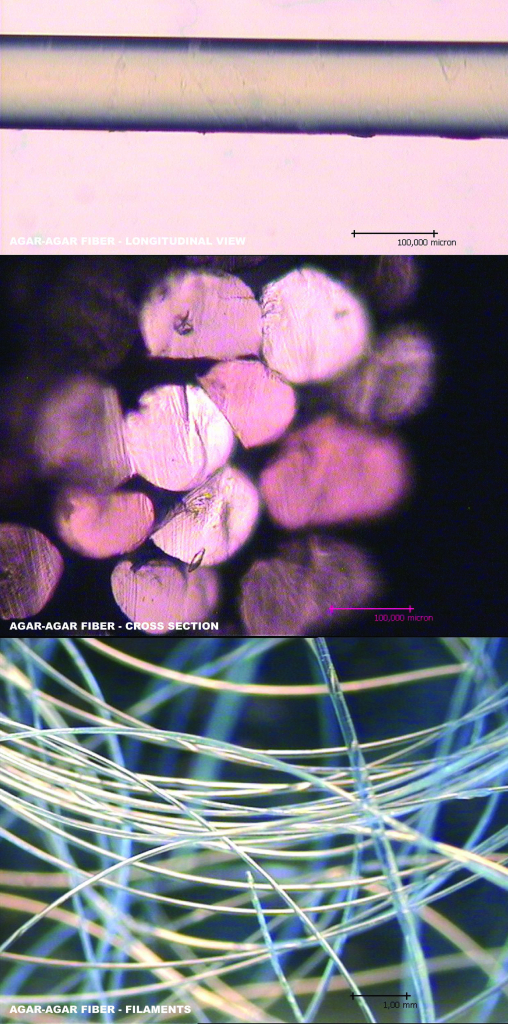Production of sustainable fibers for the textile industry with biodegradable agar polymer, based on circular economy and new materials.
Long description
Social movements and consumers themselves have been demanding sustainable companies as a new value to be added to the economic value. This trend influences the development of new materials.
In this context, agar, a natural polymer extracted from red algae (abundant in the Brazilian Northeast), appears as a solution for reducing waste and environmental pollution, especially in the textile industry, which, according to data from the Alliance for Sustainable Fashion, ONU, is listed among those responsible for the production of non-biodegradable waste, soil, water and air pollution, in addition to the exacerbated use of water.
Bearing in mind the reduction of such ecological problems, aligned with a market perspective, which, among other benefits, may develop a new production chain with economic social effects, the development of new products from the agar polymer developed in a master’s research by author.
During the Master’s, the fibers were produced using the polymer and organic solvents, which showed excellent results with proof of effectiveness and good physicochemical behavior.
With regard to physical tests, the fibers proved to be resistant and had the appearance of nylon and polyester threads, which led to a possible solution to replace fibers derived from non-renewable petrochemicals. Despite the excellent results obtained with the prototype, new tests need to be carried out for use on an industrial scale.
It is a polymer with special characteristics, low cost, biodegradable, among others. Little effort was made to manufacture agar fibers, which confirms the innovative character.




Please login or create a profile to view comments